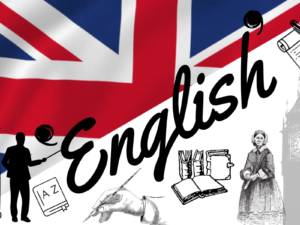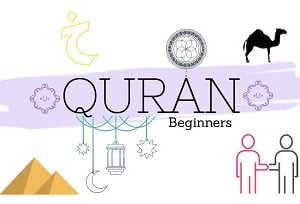Science IG
School Education divided into 13 grade levels. Each grade level has certain standards for different skills. Teacher’s job is to detect students’ real year level and her/his needs to continue her/his academic development.
If you are thinking to take in a small group (2-3 people) OR
Do you have any question? Please





Reviews
There are no reviews yet.